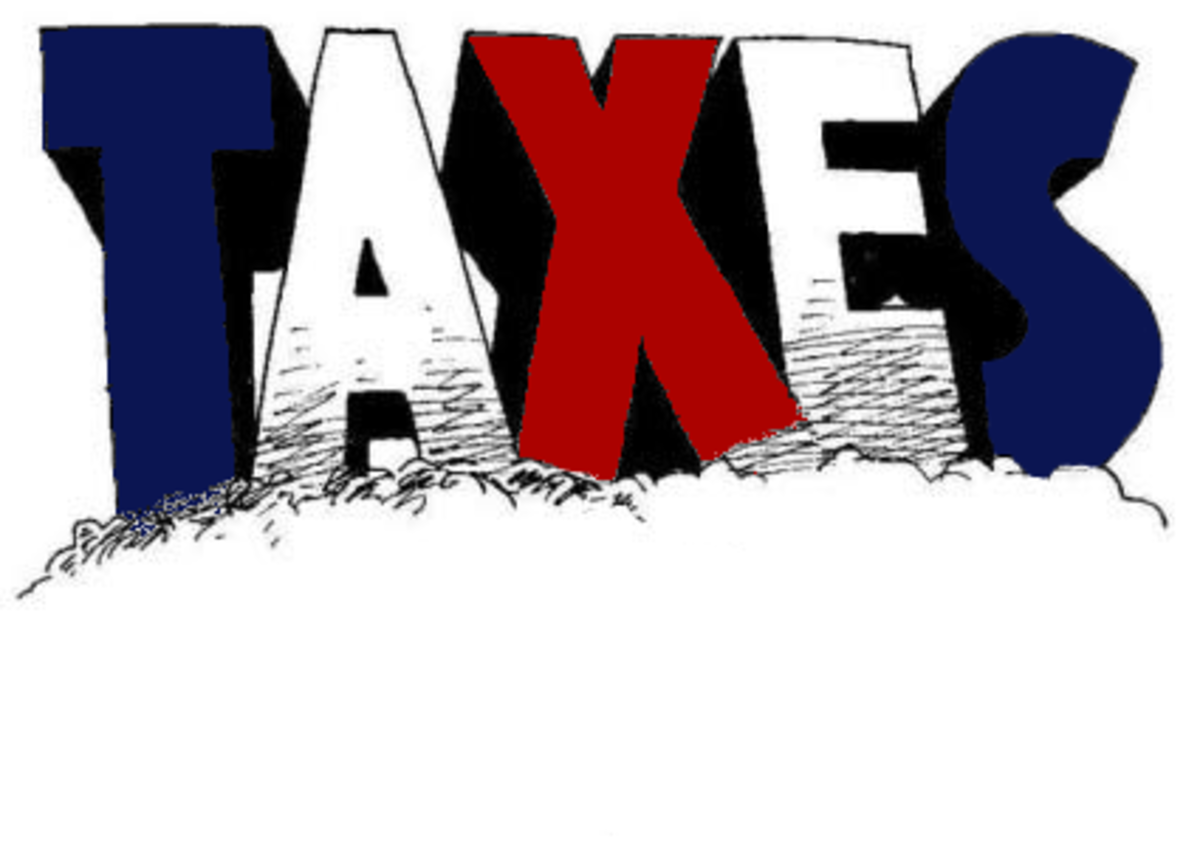IRS Garnishment
Garnishment Laws
Garnishment laws are in effect to help the government or any creditor attempt to collect their rightful debt from a debtor. Garnishment laws vary from state to state, but they allow wages to be docked according to how much a person owes a creditor, ensuring that the debt is paid once and for all.
Garnishment laws can be levied on a person by any agency, they do not need to be enforced by the IRS. In fact, any private creditor or government department can seek a claim in garnishment against your wages. IRS Garnishment laws can also be enacted if you have back child support that is due, but in order to get these laws into motion, a court order must be made against the person whose wages are to be garnished.

Wages Garnished
Garnishment occurs before the payroll for any employee that is to have his or her wages garnished. IRS Garnishment laws have been established to help creditors get their money returned to them in this manner as many people can be irresponsible with their money and refuse to repay their creditor debt. This way, creditors are assured to get their payment before the person who owes the money sees any money from their salary.
Garnishment laws do vary from state to state, and certain states such as Texas, North Carolina, and Pennsylvania prohibit wage garnishment unless it is specifically related to taxes or child support. Other states allow any kind of garnishment of up to 25% of the income of a person to ensure that their creditors are eventually paid off.
Another type of garnishment law that can be put into effect is called attachment. In attachments, the institution that is being garnished must turn over all money and property during the court hearing. This type of garnishment usually only happens to banks and other companies that have been liquidated due to poor business practices.
Garnishment works by with-holding money from a person's pay check until the debt has been paid. This means even when filing tax returns, if you had a garnishment on your check, you must claim those garnished wages as income, even though you did not receive them as income as they were for payment on a previous debt. This money must be claimed even if it is going toward child or spouse support, and a garnished person can be returned, active, or even part of the army and garnishment can still occur. In fact, the wage garnishment stays in effect until the full amount has been paid in full, or until the IRS decides that enough has been paid.
While garnishment does have its downsides, employees who are being garnished cannot be fired because of garnishment. If an employer does fire an employee over garnishment, then the employer is subject to punishment for breaking the law and will usually be fined. The IRS is not the enforcing body behind this however, as this duty falls to the Wage and Hour division of the Department of Labor.



